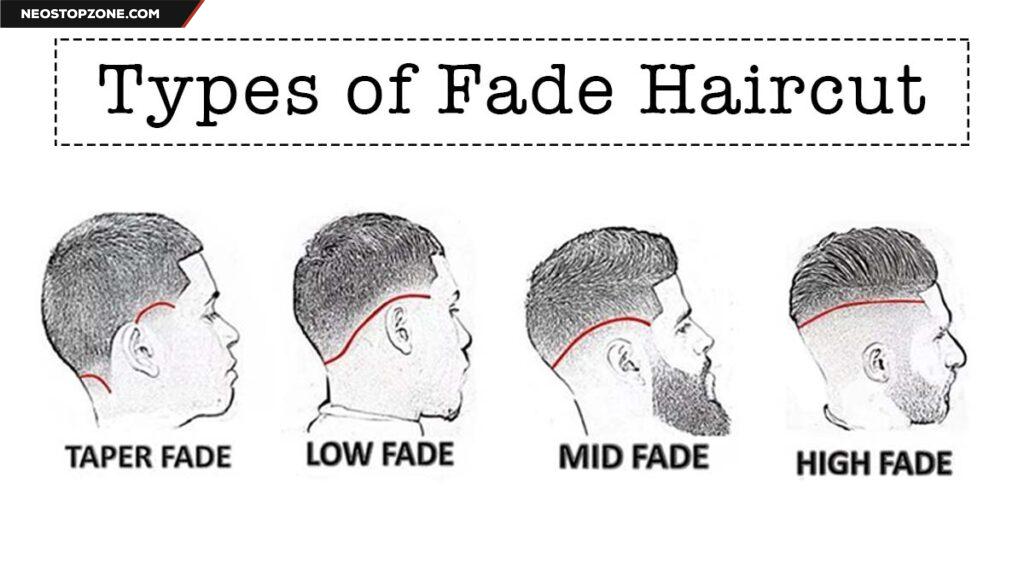
How to Choose the Right Hair Brush for Your Hair Type

Introduction:
Having a good hair brush is essential for maintaining healthy and beautiful hair. However, with so many options available in the market, choosing the right hair brush can be overwhelming. Different hair types require different brushes to achieve the desired results. In this article, we will guide you on how to choose the right hair brush for your specific hair type. We will explore various brush types and their benefits, ensuring that you can make an informed decision and achieve the best results for your hair.
Understanding Your Hair Type:
Before diving into the world of hair brushes, it is crucial to understand your hair type. Is your hair straight, wavy, curly, or kinky? Is it thick or thin? Does it tend to frizz or get easily tangled? Knowing your hair type will help you determine which brush will work best for you.
Paddle Brushes for Straight Hair:
If you have straight hair, a paddle brush is an excellent choice. Paddle brushes have a large, flat surface that helps distribute natural oils from the scalp to the ends of your hair, promoting shine and reducing frizz. They are also great for detangling and creating a smooth, straight look.
Round Brushes for Adding Volume:
For those with fine or flat hair, a round brush is a must-have. Round brushes come in various sizes and are perfect for adding volume and body to your hair. Use a smaller barrel size for shorter hair and a larger one for longer hair. These brushes are also great for creating curls or waves when used with a blow dryer.
Vent Brushes for Quick Drying:
If you’re always on the go and need to dry your hair quickly, a vent brush is the way to go. These brushes have widely spaced bristles that allow air to flow through, reducing drying time. Vent brushes are ideal for all hair types and are especially useful for those with thick or long hair.
Wide-Toothed Combs for Curly Hair:
Curly hair requires extra care and attention to prevent damage and breakage. Instead of using a brush, opt for a wide-toothed comb. These combs are gentle on curls, preventing them from getting frizzy or losing their shape. They also help distribute conditioner evenly through your hair while showering.
Boar Bristle Brushes for All Hair Types:
Boar bristle brushes are known for their ability to distribute natural oils, making them suitable for all hair types. The bristles help stimulate the scalp, promoting hair growth and reducing frizz. These brushes are particularly beneficial for those with thick or coarse hair.
Detangling Brushes for Knotty Hair:
If your hair tends to get easily tangled, invest in a detangling brush. These brushes have flexible bristles that glide through your hair without causing breakage or pain. Detangling brushes are suitable for all hair types and can be used on both wet and dry hair.
Nylon Bristle Brushes for Thick Hair:
Thick hair requires a brush that can handle its density. Nylon bristle brushes are sturdy and can easily penetrate through thick hair, detangling and smoothing it effortlessly. These brushes are also great for massaging the scalp and stimulating blood circulation.
Conclusion:
Choosing the right hair brush is crucial for maintaining the health and appearance of your hair. By understanding your hair type and its specific needs, you can select the perfect brush to achieve your desired results. Whether you have straight, curly, fine, or thick hair, there is a brush out there that will work wonders for you. Remember to invest in a high-quality brush and regularly clean it to ensure optimal performance.
FAQs:
1. Can I use any brush for any hair type?
No, different hair types require different brushes. It is essential to choose a brush that suits your specific hair type to achieve the best results.
2. How often should I clean my hair brush?
It is recommended to clean your hair brush at least once a month to remove dirt, oils, and product buildup. Regular cleaning will ensure that your brush performs optimally.
3. Can using the wrong brush damage my hair?
Yes, using the wrong brush can cause damage to your hair, such as breakage, frizz, and split ends. It is important to choose a brush that is suitable for your hair type to minimize damage.
4. Are natural bristle brushes better than synthetic ones?
Both natural bristle brushes and synthetic ones have their advantages. Natural bristle brushes, like boar bristle brushes, are known for their ability to distribute natural oils. Synthetic brushes, on the other hand, are often more affordable and durable.
5. Can a brush promote hair growth?
While a brush alone cannot promote hair growth, using a brush with stimulating bristles, such as boar bristles, can help improve blood circulation in the scalp, which may indirectly support hair growth.
